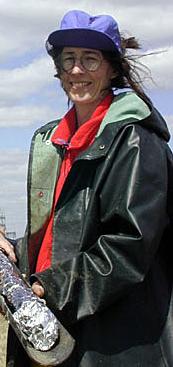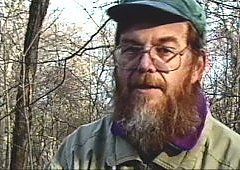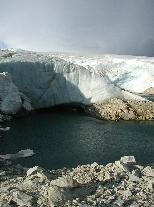 |
|
LAMONT-DOHERTY EARTH OBSERVATORY THE EARTH INSTITUTE AT COLUMBIA UNIVERSITY |
||
| Abrupt Climate Change | ||
| LDEO | ||
| Home | ||
| Divisions | ||
| LDEO Search | ||
| Abrupt CC | ||
| Home | ||
| Q&A | ||
| Contacts | ||
| Research | ||
| Links |
|
home
Paleoclimatology Research:
Research Briefs:
Dorothy Peteet is the head of Lamont's Paleoecology Laboratory, where her research includes travel to Siberia, Alaska, southeastern US, and Easter Island as well as the Hudson River marshes, Black Rock Forest, NY and upland nearby lakes. Long sediment cores are analyzed in the lab for pollen, spores, and plant and animal
macrofossils. Abrupt climate change and patterns of droughts and floods are of particular
interest to Dr. Peteet, as well as warm intervals and recent coolings such as the Little Ice Age.
Dorothy Peteet is also a member of the Committee on Abrupt Climate Change, co-wrote the National
Academy of Science Volume:
Abrupt Climate Change - Inevitable Surprises.
(excerpt) "Recent scientific evidence shows that major and widespread climate changes have occurred with startling speed. For example, roughly half the north Atlantic warming since the last ice age was achieved in only a decade, and it was accompanied by significant climatic changes across most of the globe. Similar events, including local warmings as large as 16°C, occurred repeatedly during the slide into and climb out of the last ice age. Human civilizations arose after those extreme, global ice-age climate jumps. Severe droughts and other regional climate events during the current warm period have shown similar tendencies of abrupt onset and great persistence, often with adverse effects on societies."
Peter DeMenocal and his Paleoceanography group use geochemical analyses of deep-sea sediments to reconstruct past changes in climate and ocean circulation over a range of timescales.
"We investigate how various elements of the climate system are linked during large, sometimes abrupt climate change events which we know to have occurred in the past. Our overall goal is to learn more about how and why climates have changed over past millennia so that we can place current trends within a longer-term perspective.
"Over the past several years we've learned that the climate during the past ten millennia, the Holocene, was interrupted by many abrupt cooling events, each of which each lasted for several centuries. The most recent of these was the Little Ice Age (AD 1850-1300). Our current research studies spatial patterns of ocean temperature anomalies associated with these events, as well as their impacts on deep ocean ventilation. Some of these past climate shifts have been linked to collapses of ancient urban cultures."
Ed Cook is the director of the
Tree-Ring Lab at Lamont.
The Tree-Ring Lab pioneers research projects in many parts of the globe; from the high latitudes of both hemispheres to the low-latitude tropics of Asia and the Americas.
Data from northern treeline forests sites (Alaska; the Canadian Interior; Labrador, Canada; Taymir peninsula, Russia and an elevational treeline site in Mongolia) sampled by the TRL over the past two decades have and are being used in modeling and reconstruction of large scale temperature variability over the past several centuries. Initial reconstruction of annual Arctic and northern hemisphere temperatures were published by Jacoby & D'Arrigo (1989) and D'Arrigo & Jacoby (1993). Since then new sites have been sampled and some existing sites have been updated.
|
|
|||

NGDC |
Modeling Observations Paleoclimate |
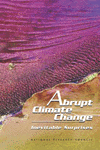
NAS Report on Abrupt Climate Change |
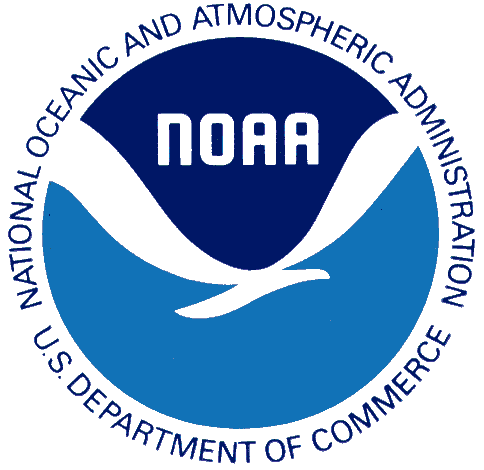
LDEO CORC/ARCHES Project |
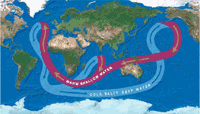
The trigger for the Younger Dryas |

Cultural responses to climate change |

Solar influence on climate change |
Maintained by: Naomi Naik, Lamont-Doherty Earth Observatory of Columbia University
LDEO home | search | webmaster | site map | terms-of-use | support LDEO
Copyright © 2003 by The Trustees of Columbia University in the City of New York, Lamont-Doherty Earth Observatory.
All rights reserved.
